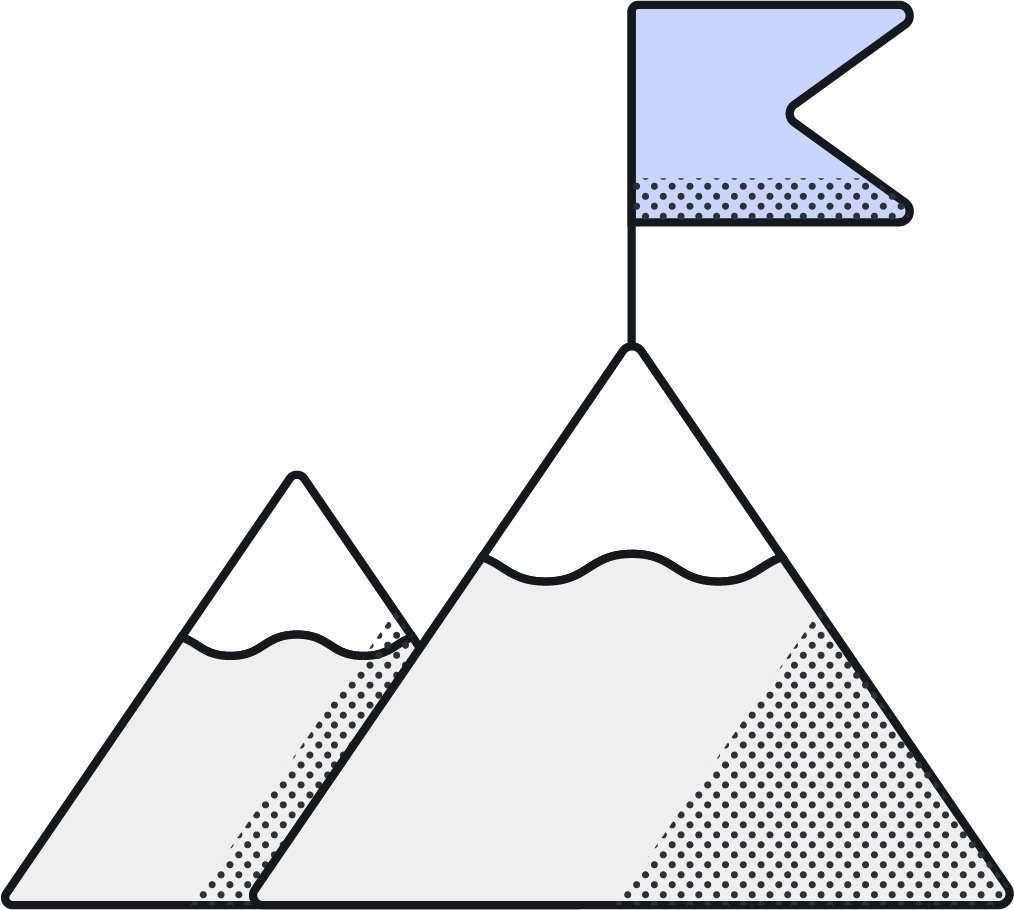Rethinking teams in the age of AI: Insights from Toby Newman on human-AI collaboration
.png)
- AI is shifting organizational power dynamics: The balance of power is moving from sales to tech/IT teams, as companies reposition themselves as technology-driven organizations.
- Critical thinking is enhanced, not diminished: AI serves as a tool that frees humans to focus on higher-value thinking and understanding what truly matters.
- Responsibility must extend beyond tech teams: Tech teams know what can be done with AI, but business stakeholders must determine what should be done.
- Self-awareness is the foundation: Understanding yourself and your surroundings becomes critical as AI handles routine tasks and knowledge sharing.
- A learning mindset requires active sharing: If employees don't share their knowledge and processes, AI will take over that responsibility, and the power shifts out of human hands.
The conversation around AI often swings between two extremes: either AI will replace human workers entirely, or it's simply another tool that changes nothing fundamental. The reality, as with most transformations, is far more nuanced.
Organizations are discovering that AI doesn't just automate tasks; it shifts power dynamics, redefines collaboration, and demands a fundamentally different approach to learning and development.
To explore these changes, we spoke with Toby Newman, an L&D consultant who's been helping organizations navigate the human side of AI adoption. In this conversation, Newman challenges the narrative that AI makes us "dumber," explains why tech teams now hold more organizational power than before, and argues that the most critical skill for the AI era isn't technical; it's self-awareness.
What's one way AI is forcing companies to rethink their organizational structures or team design?
I think that ‘forcing’ is doing a lot of heavy lifting here - AI is not forcing anyone, its more that some teams are finding ways to find an edge by taking advantage of AI. Then it is a race to the top (or bottom, depending on your point of view) of who can find the best use of that ‘edge’.
I think that within teams, AI can make communication more efficient. For example, whereas a simple Co-pilot extension can help you tweak emails, a real embedded AI can identify the behavioral traits of all team members (be it Insights, DiSC, or similar) and provide the best version of the team’s communication.
The biggest organisational ‘re-structure’ is, for me, the balance of power within the organization. Traditionally, it has been in sales, and while that is not going away, the ‘power’ of the Tech/IT team has shifted from being a ‘useful’ team (keeping everything secure and working) to being ‘essential’ for the future success of the company. You see many more companies re-fitting themselves as tech companies with tech solutions rather than product solutions.
What does effective human-AI collaboration look like in practice?
I have had a few serious conversations lately about the effect of AI on humans. The general consensus is that it makes humans dumber. I could not disagree more with this. AI is simply a tool. Just like a gun is not dangerous, but the person using it is. The ability to think critically has not gone away; if anything, it has increased. AI allows humans the time to truly comprehend what brings value to their lives.
In practice, this collaboration enables a deeper understanding of how things work. It is a partner on this journey, and just like any real partner, there are trust issues that need to be addressed through greater communication (or, in this case, clearer instructions), but can lead to a journey of discovery.
What new roles or responsibilities are you seeing emerge around human-AI collaboration?
Well, the role is the more talked-about one, things like prompt engineer, so for example, a consultant won’t necessarily come in and tell you how to do things better, but will come in and tell you how to tell the AI to do things better.
The responsibility is a more interesting one, as I feel the responsibility for AI has been left to the tech people, which is dangerous, as they don’t speak the ‘language’ of the business. They think about what can and can’t be done, not necessarily what should be done. In my TEDx Talk, I discuss this concept using the example of the film Jurassic Park, where the famous line ‘just because you can doesn’t mean you should’ is aptly illustrated.
Which skills do you think will be most critical for employees in AI-integrated workplaces?
This is something I am currently writing about in my book. People talk about ‘soft’ skills or people skills, but I believe the need is ‘deeper’ than this. I wouldn’t necessarily call it a skill, but the ability to better understand yourself and your surroundings is something that will be critical to success going forward.
There was a recent paper that said that 95% of people who claimed they were self-aware were actually nowhere near as self-aware as they believed themselves to be. The way I frame it is ‘how do you know where you want to be, if you don’t know where you are now!’
Along with this is the ability to develop yourself, knowing how you improve most effectively, and the ability to be curious about the world around you, which is, in effect, honed in all of us as we progress through our careers.
These are all familiar to those who know about the ‘growth mindset,’ but I don’t believe that is enough. I prefer to use the term ‘learning mindset’, which encompasses the idea that we all need to develop the ability to share what we are doing. This is something that needs to be second-nature to us, as if we don’t do it, the AI engine will take over this responsibility, and then the power is out of our hands.
What does this mean for HR and L&D
The integration of AI into the workplace is less about technological capability and more about human adaptability. As Newman's insights reveal, the most significant changes aren't happening in code or algorithms; they're happening in organizational power structures, decision-making frameworks, and the fundamental skills employees need to remain relevant and empowered.
Organizations that succeed in this transition will be those that recognize AI as a collaborative partner rather than a replacement, distribute AI responsibility across business functions rather than siloing it in IT, and invest in developing the self-awareness and learning mindset their people need to stay in control of their own destinies.
The technology is already here. The question is whether your people and culture are ready to evolve alongside it.

We offer a scalable employee training solution. It lets you continuously upskill your people.
Book a call

Related articles
Ready to drive impact together?
Close skill gaps, accelerate growth, and future-proof your workforce.












.jpg)
.png)

.png)
.png)